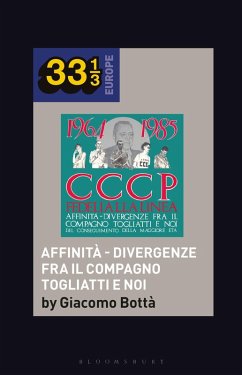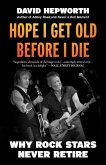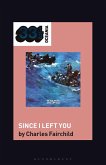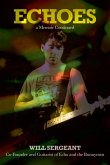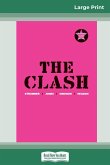A squat in West Berlin, a farmhouse in Fellegara, a garret in Reggio Emilia, a cellar in Bologna - where is Affinità - Divergenze Fra Il Compagno Togliatti e Noi really from? This book traces the tangled geographies behind one of Italy's most enigmatic records asking: how do places shape music, and how does music make space? Giacomo Bottà explores the groundbreaking album by Italian band CCCP - Fedeli alla Linea, arguing that their aesthetic, musical and ideological approach embodies an 'imaginary and affective territorialization' caught between maximalism and minimalism. Through chapters that analyze the band's origins, the album as an artifact and its deeper theoretical implications, the book explores CCCP's ambiguous position, their unique sound and their lasting influence on Italian alternative music. Ultimately, this study reveals the band's out-of-time and out-of-place nature, capturing their controversial yet pioneering role in shaping creative identities across Europe.
Bitte wählen Sie Ihr Anliegen aus.
Rechnungen
Retourenschein anfordern
Bestellstatus
Storno

